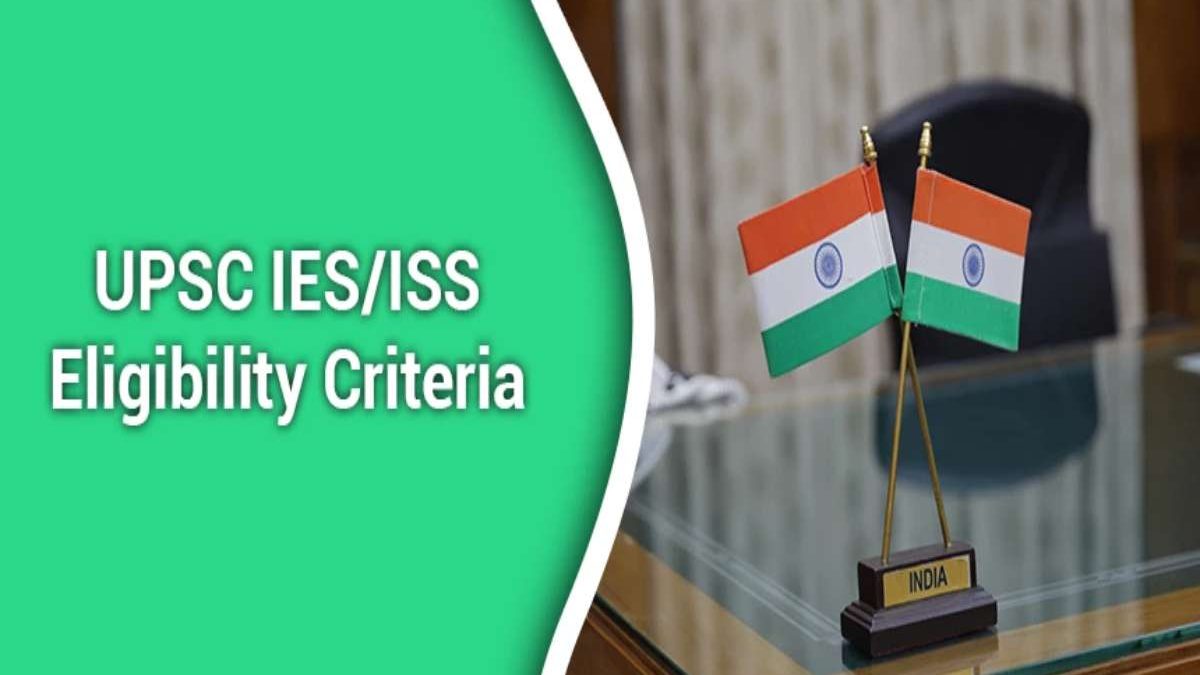The UPSC ESE Eligibility is set up by the Union Public Service Commission. To sit for this examination, candidates need to fulfill the IES eligibility criteria. This exam provides the opportunity for engineers to work under the Indian government.
Understand the UPSC IES Eligibility Criteria 1
Overview of the IES Exam 1
ESE Eligibility Criteria 1
IES Educational Qualifications 2
Age Criteria 2
ESE EXAM Pattern 3
Preliminary Exam 3
Mains Exam 3
Personality Test 3
Final Thoughts 3
Frequently Asked Questions 3
Table of Contents
Overview of the IES Exam
IES (Indian Engineering Services) or ESE ( Engineering Services Examination) comprises a Class-1 officer who works under the Indian government. They majorly administer in the public sector that involves the Central Water engineering, Defence service of engineers, Telecommunications, Indian Railways, and Power, namely.
The work done by these bureaucrats depends on the branch of engineering and the service allotted to them. Initially, the position offered to these bureaucrats is that of Assistant Executive Engineer and the position of Managing Director/ Chairman is the last offered.
ESE Eligibility Criteria
The Union Public Service Commission hires for Posts in Group A and Group B through this exam. In order to appear for this examination, the candidates have to ensure that they meet the UPSC ESE Eligibility criteria before applying for this exam
IES Educational Qualifications
Educational Qualifications are the foremost criteria for UPSC ESE Eligibility. The candidate needs to have a degree in engineering from a recognized institution or university. The degrees must of four years or more. Those students who are in their final year can also sit for this exam. The candidates can apply in the four branches which are as follows:
- Mechanical Engineering
- Electrical Engineering
- Civil Engineering
- Electronics and Telecommunication Engineering
Age Criteria
Age is also one of the crucial factors in UPSC ESE Eligibility. Depending upon the categories, there is an age limit in order to sit in the exam of IES.
General Category: The candidate must be of 21 years of age and must not have attained the age of 30 years on the 1st January of the year in which the examination is held.
OBC Category: The candidate must have attained the age of 21 years and must not have attained the age of 33 years on the 1st of January of the year in which the examination is held.
SC/ST Category: The candidate must have attained the age of 21 years and must not have attained the age of 35 years on the 1st of January of the year in which the examination is held.
PH Category: The candidate must have attained the age of 21 years and must not have attained the age of 40 years on the 1st of January of the year in which the examination is held.
Ex-Servicemen: The candidate must have attained the age of 21 years and must not have attained the age of 35 years on the 1st of January of the year in which the examination is held.
Moreover, the candidates have to make sure that depending on the category, the age limit criteria vary, so, they should check the official notifications released by the UPSC.
ESE EXAM Pattern
Preliminary Exam
This is the foremost stage that comprises two papers- Papers 1& 2. Paper 1 tests the knowledge of candidates in Engineering Aptitude and General Studies and this paper is common to all engineering candidates. This paper is of 200 marks and the time is of 2 hours. Paper 2 is of 300 marks with a time duration of 3 hours. Paper 2 tests the technical knowledge of the engineering discipline.
Mains Exam
Those candidates who qualify for the Preliminary stage are eligible for the Mains stage. This stage comprises two conventional papers- Paper 1 and Paper 2. Each paper carries b00 marks with a duration of 3 hours.
Furthermore, the candidates also have to choose their operation. There are only 6 optional subjects available- Mechanical Engineering, Civil Engineering, Electronics and Telecommunication Engineering, Electrical Engineering, Textile Engineering and Fibre Science, and Agricultural Engineering.
Personality Test
Candidates who qualify for the Prelims and the Mains examinations are called for the final stage which is known as the Personality test. In this stage, leadership skills, communication skills, mental alertness, ability to think on your feet, and suitability for a career in government services are assessed.
Final Thoughts
The UPSC ESE exam is considered one of the prestigious examinations. In order to sit in this exam, candidates need to fulfill the IES exam eligibility criteria.
In this blog, we make you understand the eligibility criteria especially those related to education and age. Then, we discussed the ESE exam pattern. Cracking the exam of ESE requires a lot of effort and time as it is a highly competitive exam but a proper strategy and consistency will help you ace the preparation.
Frequently Asked Questions
Q1. Can Candidates of Any Stream Apply for UPSC ESE Exam?
Ans. No, the candidate of any stream is not allowed to sit in the exam of IES. Only the candidates who have graduated in the streams of mechanical, civil, electrical, and telecommunications are eligible to apply for the UPSC ESE exam as long as they fulfill the criteria of eligibility.
Q2. How to Prepare for the ESE Exam?
- Firstly, understand the syllabus
- Understand the exam pattern
- Choose optional subject wisely
- Make short notes
- Take regular breaks
Q3. What are the Eligibility Criteria for the ESE Exam?
Ans. Well, there are various eligibility criteria that need to be fulfilled but broadly speaking a candidate has to fulfill the requirements, such as age, educational qualification, citizenship, etc. It is better to check the official notifications because the eligibility criteria might change sometimes.

